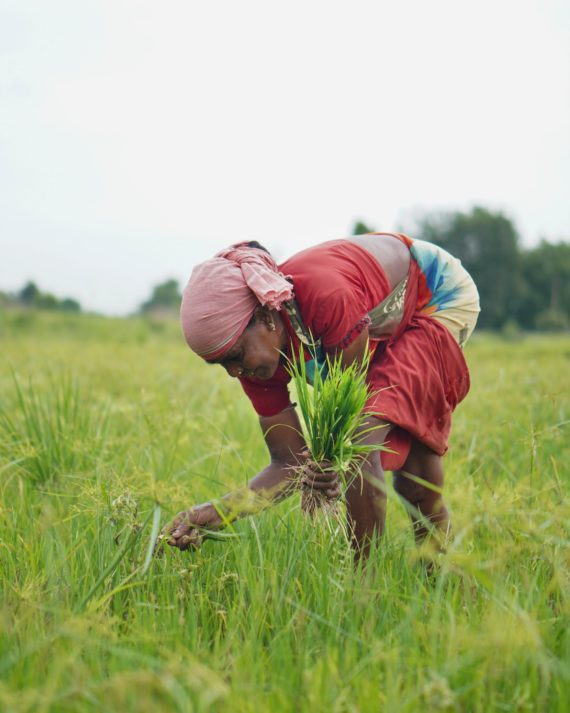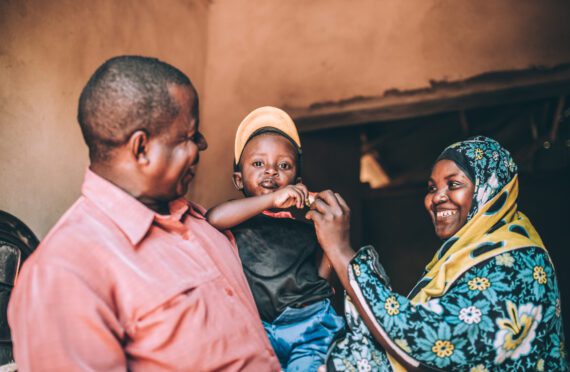More than 100 world leaders and 45,000 stakeholders gathered in November in Sharm El Sheikh, Egypt, for the 27th United Nations Climate Change Conference (COP27). The conference focused on the need for the global community to fulfill its previous commitments to act on climate change.
Holding COP27 in Africa drew attention to the irony that the African continent is both the most vulnerable to the impacts of climate change, and the least responsible for the production of greenhouse gases. At a minimum, therefore, climate justice requires supporting countries and communities, in Africa and around the world, that face disproportionate risks to human life and livelihoods. Prolonged drought, extreme heat, flooding, new pests that destroy crops, and immensely powerful storms are just a few of these risks.
Bread for the World continues to emphasize that climate change undermines food security in ways both sudden and gradual, from natural disasters to significant changes over time in weather patterns. Smallholder farmers face more hunger and malnutrition from climate change than others because most eat primarily what they can grow themselves and they rely on income from selling the remainder of their harvest to buy all other necessities. They are the backbone of their local food systems and their crops often feed their communities. One failed harvest season—let alone several years of severe drought, as East Africa has endured—can easily mean hunger and malnutrition.
Recognizing the close links between hunger and climate change, Bread for the World hosted the Convocation on Climate and Hunger in Nairobi, Kenya, in October, where 65 leaders from the United States, the Caribbean, Europe, and Africa called for action from COP participants, whether these are governments, faith communities, the private sector, young people, or other stakeholders. The calls to action center around fulfilling previous commitments, strengthening and unifying the resolve to tackle climate change, and elevating the role of local leadership.
Faith leaders called on governments and decision-makers in higher-income countries to fulfill their countries’ promise to mobilize $100 billion annually to reduce the impacts of climate change. At the 2009 U.N. climate summit in Copenhagen, higher-income countries committed to begin making this yearly sum available to lower-income countries by 2020, but annual climate financing reached only $83.3 billion in 2020.
As earlier mentioned, lower-income countries produce far fewer greenhouse gases than industrialized economies. The climate financing was intended to support both emissions reduction and adaptation to already existing impacts. To date, most of the financing has gone to reducing emissions. Higher-income countries, including the United States, should not only keep the promise of $100 billion in financing, but should at least double funding for adaptation to climate impacts, especially for smallholder farmers and others in the agricultural system.
The Convocation participants also called on governments and decision-makers in the “Global South” to ensure that smallholder farmers have access to any available programs or resources to adapt to the changing climate around them. Financing for climate change adaptation that reaches the people most severely affected by its impacts will help preserve farmers’ livelihoods and enable them to feed their communities.
Together, the faith leaders—and Bread for the World, putting its value of “Impact” into practice—seek public policies that yield measurable results and meaningful change for those disproportionately affected by hunger and climate change. World leaders, including U.S. government officials, should use the yearly opportunity afforded by the U.N. climate change conference to make good on promises and enable communities suffering the most severe impacts to see real change.
Jordan Teague is interim director, policy analysis and coalition building, with Bread for the World.



